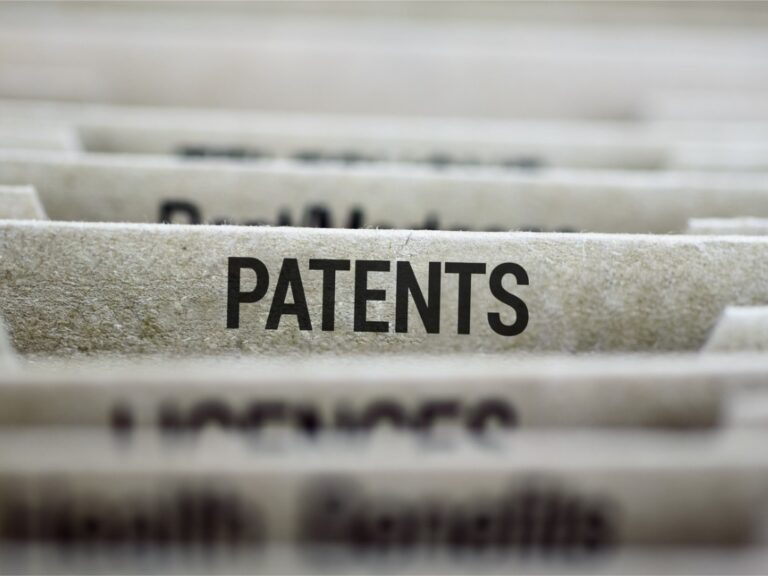Federal Circuit Rules on Two-Way Test, Time-Barred Patent Claims
July 1, 2024

The US Court of Appeals for the Federal Circuit has ruled on a case with implications on the application of the “two-way test” to time-barred patent claims, as Jacob Michael Bass writes for IP Update.
The Court reversed an interference decision made by the Patent Trial & Appeal Board in which two parties disputed a patent. The Board had ruled that certain claims in the patent of the first party were not too old to be considered valid under the law.
In Speck et al. v. Bates et al., the Court examined whether the claims in the patent were “time-barred” (the time limit on a patentee’s exposure to an interference). The deadline for time-barring is the “critical date.”
The Court decided a “two-way test requires looking to see if either set of pre-critical and post-critical date claims contains a material limitation not found in the other and not just looking to see if the post-critical date claims have additional material limitations.”
The issue in Speck was the exception to the statute when the applicant files a claim after the critical period, but has been claiming essentially the same invention as the patentee during the critical period.
Bates, the senior party, filed a patent application for drug-coated balloon catheter technology. Speck, the junior party, owns a patent issued on September 4, 2012. Bates filed his application on August 29, 2013, six days before the critical date of Speck’s patent.
On August 30, 2013, Bates amended the application, canceling the original claims and replacing them with new claims.
Speck filed to terminate the interference, arguing that Bates’s application contained time-barred patent claims because the claims were amended more than one year after Speck’s patent was issued.
The Board denied Speck’s motion. It found that the amended claims did not differ materially from Bates’ claims in other patents filed prior to the critical date. Speck moved for a rehearing. The Board denied, and Speck appealed.
The Federal Circuit reversed. It agreed with Speck that the exception to the time bar can only be avoided if a “two-way test” is satisfied: The pre-critical date claim must not contain any material limitation absent from the post-critical date claim; the post-critical date claim must not contain any material limitation absent from the pre-critical date claim.
IP Update notes that although this case arose in a pre-America Invents Act (AIA) interference proceeding, the Federal Circuit will likely apply its rationale to post-AIA derivation proceedings.
Read more of Today’s General Counsel’s coverage of patents here and here.
Critical intelligence for general counsel
Stay on top of the latest news, solutions and best practices by reading Daily Updates from Today's General Counsel.
Daily Updates
Sign up for our free daily newsletter for the latest news and business legal developments.


